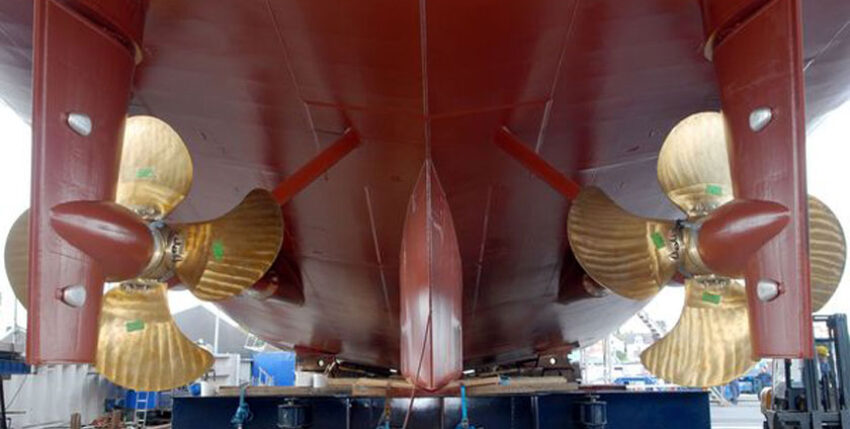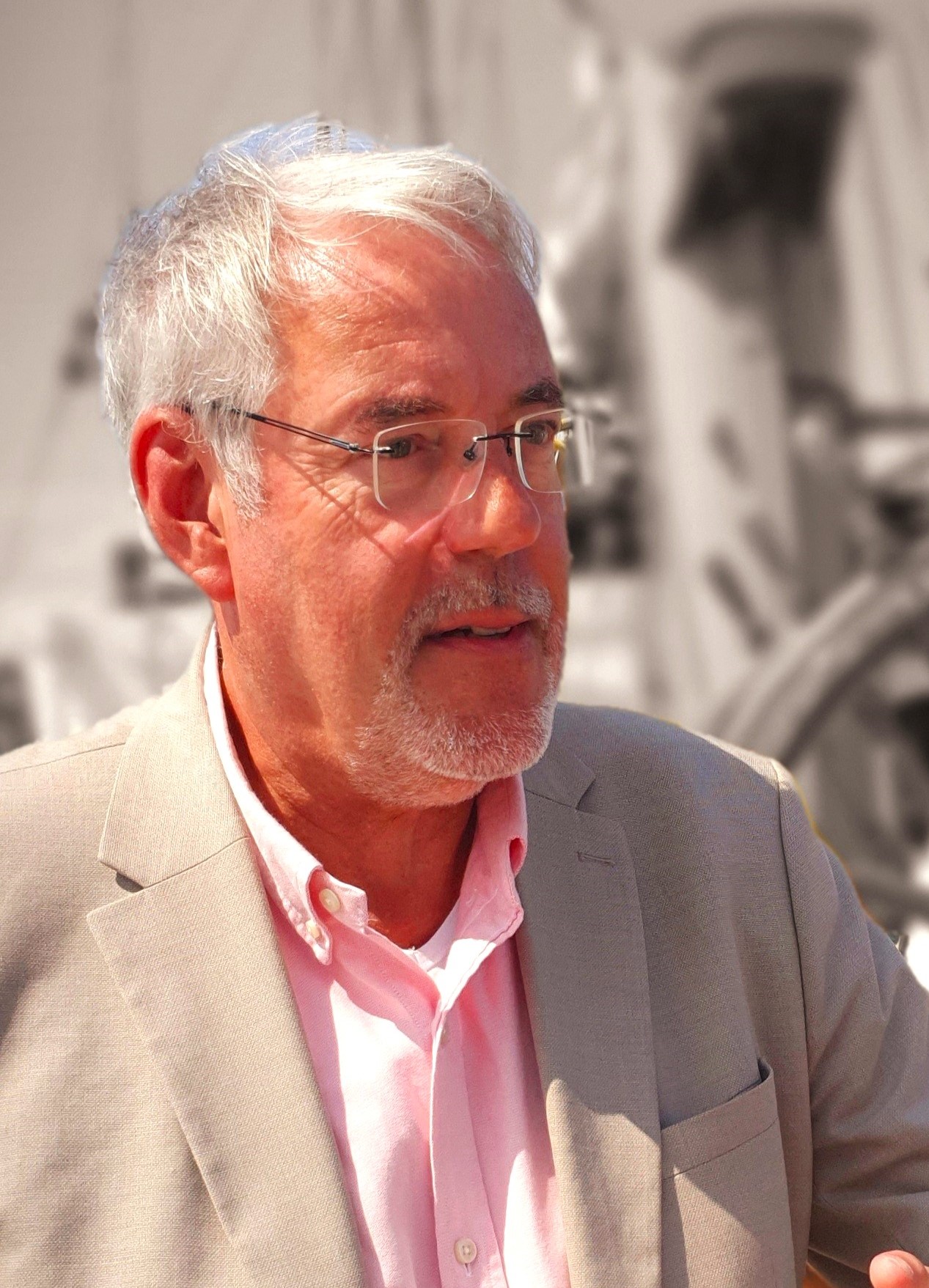Event review - electric propulsion systems for shipping
Electric propulsion systems are the focus of numerous projects and initiatives, as they offer good economic and ecological prospects for the future of shipping due to their high efficiency levels, among other things. Challenges are posed in particular by the current availability of fuel cell systems in the megawatt range or the storage capacity of battery systems. Current developments and projects were presented and discussed at the event "Wir fahren mit (dem) Strom - elektrische Antriebssysteme für die Schifffahrt", which took place on 14 October 2021 and was attended by almost 140 participants. Kerstin Broocks from guideLINE GmbH hosted the programme. Dr Susanne Neumann, Head of the Lower Saxony office of the Maritime Cluster Northern Germany, welcomed the participants.
Fuel cells from Denmark - output power of up to 5 MW possible
Mads Friis Jensen, co-founder and CCO of Blue World Technologies, presented the company's fuel cell system, which is intended for use in maritime applications. With the participation of Alfa Laval, Blue World Technologies is developing a system with 200 kW output power per unit; scaling up to 5 MW is possible by using several modules. The hydrogen required for the fuel cell is produced from methanol by an internal reformer utilising the waste heat from the fuel cell in a very efficient process. The aim is for availability as early as 2022.
CO2-neutral harbour tours
In Emden, harbour cruises are to be CO2-neutral in future. The operator shipping company AG Ems from Emden, the shipyard Diedrich from Oldersum and MARIKO GmbH from Leer have joined forces in an innovation project for an innovative new build of the existing harbour boat "MB Ratsdelft". Sören Berg from MARIKO GmbH presented the ideas behind the new building, which will be purely electric, equipped with fuel cells and feature an innovative ship design for adjusting the clearance height under bridges.
A fully electric research boat
OFFIS e.V. - Institute for Information Technology operates eMIR (eMaritime Integrated Reference Platform), a maritime research platform for the development and testing of future maritime systems. A new research boat is currently being built for this platform, which will be used to test a wide range of maritime application scenarios. "The boat will be fully electrically powered," said Dr André Bolles, Head of Transport R&D at OFFIS. "It will also be fully actuated, meaning that it will be able to move in any direction and rotate on the spot." The boat is expected to go into operation in spring next year. "eMIR is a research and development platform that can also be used by interested research institutions and companies," emphasised Bolles. The research boat will be used for the first time as part of the AMISIA project, in which an autonomous dredging vessel is being designed.
Green water taxi
Sascha Strasser and Johannes Möller, both research assistants at the Department of Maritime Sciences at Emden/Leer University of Applied Sciences, presented the Green Water Taxi from the H2Watt project. This is a concept vehicle designed to transport passengers and small loads flexibly between the mainland and islands in the Wadden Sea region. A battery-electric drive is at the centre of the drive concept. The prototype was tested in the Wadden Sea this summer and the basic concept of the catamaran for fast passenger transport in the Wadden Sea was confirmed. The next step is to expand the drive technology with so-called "range extenders".
Assistance systems for start-up optimisation
Christian Denker, Professor of Technical Navigation and Assistance Systems in Ship Management at the Department of Maritime Studies and Logistics at Jade University of Applied Sciences in Elsfleth, spoke about assistance systems for optimising the approach of ships to ports. The aim is to achieve a reduction in consumption when approaching harbours in the future. This will be made possible by systems that support navigators on board in choosing the most energy-optimised route to the port of destination. Ideally, the experience of the nautical personnel is transferred to an automated system. In the greenCoPilot project, researchers are working on methods to improve communication and automation so that traffic situation reports can also be generated synchronously on board the ships involved and in the traffic and fleet control centres. In order to become active in the field of nautical assistance systems together with interested companies, Jade University is building an AI computing infrastructure so that, for example, space- and time-dependent nautical data can be related more quickly in this context in future.








